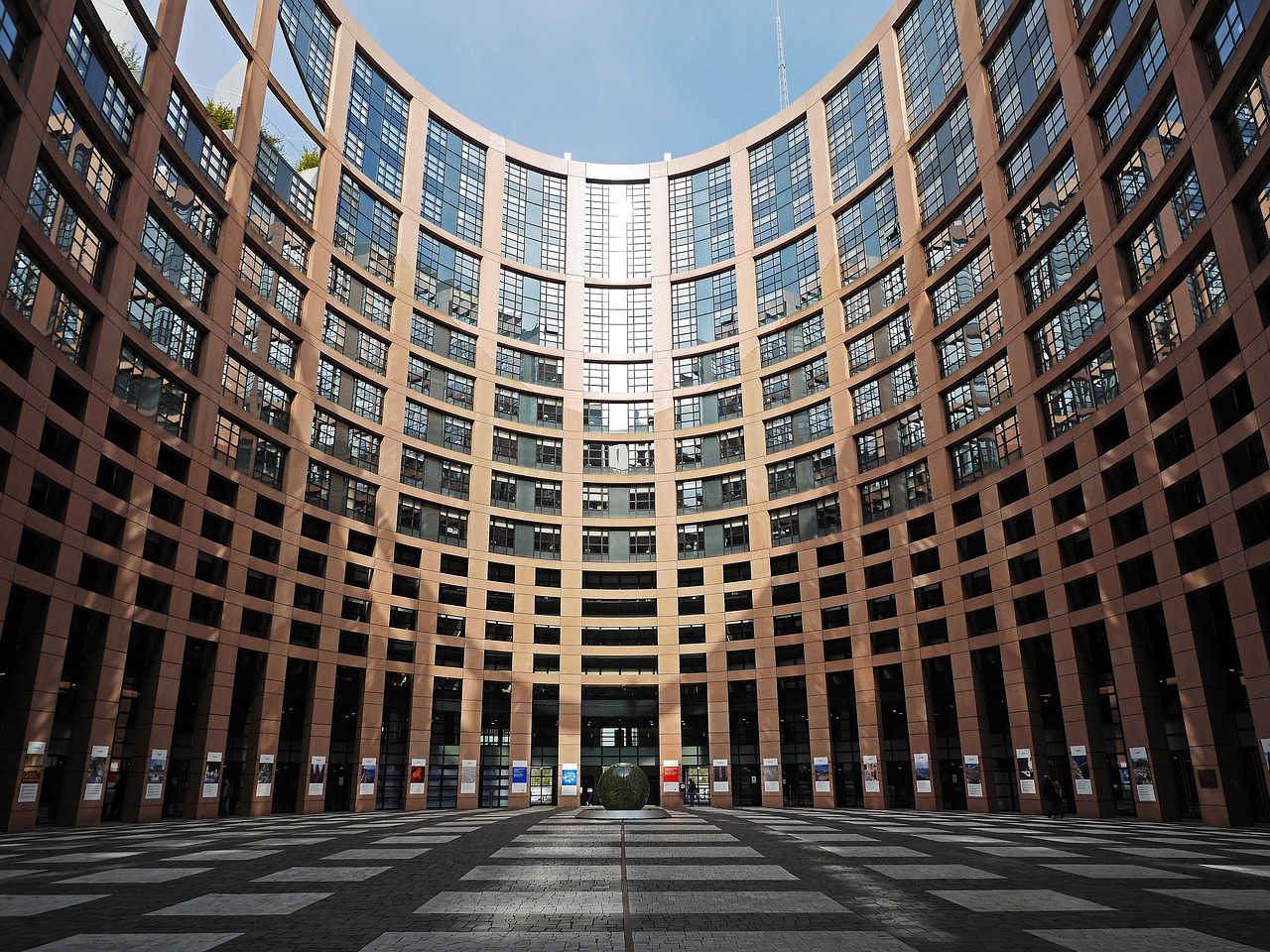
The Minister stressed that the EU's competitiveness has been declining.Continue reading

Cohesion policy, including demographic issues, will be a main priority of the Hungarian EU presidency starting in July, announced Minister Tibor Navracsics at a conference in Budapest, organized by the European Economic and Social Committee (EESC) and the Ministry of European Affairs.
Tibor Navracsics emphasized the importance of addressing regional disparities amid digital, green, and demographic transitions. He highlighted that cohesion policy is crucial for sustainable development and economic and social cohesion within the EU. Referring to the 9th Report on Economic, Social and Territorial Cohesion by the European Commission, he noted that cohesion policy is vital for promoting long-term growth and competitiveness essential for the single market.
Discussing the reform of cohesion policy post-2027, the Minister advocated for refinement over radical changes, incorporating proposals from Member States tailored to local needs, along with country-specific recommendations from the European Council.
He stressed that “Cohesion policy should continue to focus on reducing disparities in development.”
Economic development, measured by GDP per capita, should remain a key criterion in the cohesion policy framework and resource allocation.
Oliver Röpke, President of the EESC, underscored the necessity of revitalizing the EU’s cohesion policy to boost citizens’ confidence in the European project. He stated, “If we want to bring the EU closer to the people, we need to reduce economic and social inequalities, which cohesion policy must support.” He highlighted the need for training, retraining, and support programs for groups with lower employment rates, such as women, young people, immigrants, and those with lower education levels.
Ahead of the #HU24EU presidency starting in July, Minister @TNavracsicsEU emphasized cohesion policy and demographics as key priorities. “Cohesion policy is at a crossroads,” he stated at a conference co-hosted by the @EU_EESC, focusing on Europe’s digital, green, and… pic.twitter.com/AJJjUvwPDl
— Zoltan Kovacs (@zoltanspox) June 11, 2024
Mr. Röpke emphasized that cohesion policy must maintain a territorial approach to reducing economic disparities.
He confirmed the EESC’s cooperation with the current EU presidency and readiness to share its recommendations. Röpke mentioned that recommendations for the post-2027 reform of cohesion policy have already been sent to Elisa Ferreira, the European Commissioner for Cohesion and Reforms, and to the ministers of the Member States. He noted that the EESC was the first EU institution to include representatives of civil society organizations from candidate countries on its advisory board, recognizing their role in supporting European integration.
Via MTI; Featured Image: Pixabay